Live with ASI is a new monthly broadcast program that showcases recently published content from the Arab Studies Institute’s various branches. This content includes articles, reviews, pedagogical resources, podcasts, and more. Also featured in the broadcast are brand new interviews and discussions with various authors and contributors. In this episode, hosts Bassam Haddad and MK Smith discuss developments throughout the region regarding authoritarianism, photography and audiovisual narratives, historical perspectives, and more.
Interviews for this month are Muriam Haleh Davis with Carly A. Krakow, Reem Abou-El-Fadl with Bassam Haddad, Alain Gresh with Bassam Haddad, and Pardis Mahdavi with Jacob Bessen. Guests are Adel Iskandar, Cat Haseman, Lizzy Galliver, Mekarem Eljamal, Carly A. Krakow, and Mohammad Abou-Ghazala.
All of the materials mentioned in the broadcast are listed here, categorized by their themes. Also listed are additional recent materials we highly recommend, as well as recent and upcoming live events. Pieces that are relevant to multiple themes are listed under each applicable theme below.
Jadaliyya’s 10th Anniversary
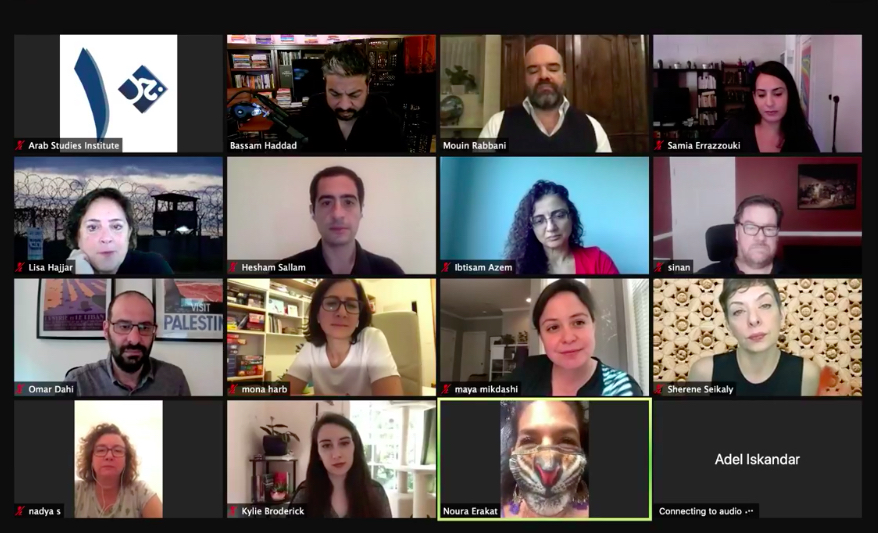
This month marked ten years since Jadaliyya’s inception. To commemorate this very special milestone, our team hosted a Facebook Live event with sixteen of Jadaliyya’s Co-Editors, titled “Reflections On Ten Years of Jadaliyya,” where they shared their thoughtful reflections on the origins, growth, and goals of Jadaliyya.
We also published a piece titled “Jadaliyya Turns 10,” which gives readers a comprehensive overview of Jadaliyya’s development and its trajectory, from the outbreak of the 2011 Arab uprisings to the present. In this post, pages across Jadaliyya give a retrospective account of their journey over the last 10 years.
-
Livestream: Reflections on Ten Years of Jadaliyya
-
Jadaliyya Turns 10 by Jadaliyya Editors
Authoritarianism & Dissent

Carly A. Krakow interviewed Muriam Haleh Davis about her recent article on "Radio Corona International."
-
The Case of Emad Hajjaj: Red Lines, the Arrest of A Political Cartoonist, and Repression in Jordan by Rosalie Rubio
-
Declaration of the National Assembly Party by Jadaliyya Reports
-
A Pit(i)less Blame Game at the Beirut Port of Institutional Corruption by Rohan Advani
-
A Call for Solidarity: Working Class Struggles in Iran and the United States by Alborz Ghandehari
-
“This is the Voice of Algeria:” Radio Corona International Carries the Torch of the Hirak by Muriam Haleh Davis
Spotlight: ASI in the Media
-
Palestinian Leaders Are Banking on Biden Win Next Week (Jadaliyya Co-Editor Mouin Rabbani quoted in The New York Times)
Palestine
-
Enforcing Silence: Academic Freedom, Palestine and the Criticism of Israel (New Texts Out Now) by David Landy, Ronit Lentin, and Conor McCarthy (eds.)
-
Triadic Coercion: Israel’s Targeting of States that Host Nonstate Actors by Wendy Pearlman and Boaz Atzili
-
Palestinian Struggle and The Case for The One-State Solution by Diana Buttu
-
Permission to Narrate Palestinian Feminisms by Palestine Feminist Working Group
Beyond Old/New Media Segment
Adel Iskandar joined Live with ASI again this month for the segment, “Beyond New/Old Media: Knowledge Production/Consumption After Covid-19.”
Historical Perspectives
-
Human Shields: A History of People in the Line of Fire (New Text Out Now) by Nicola Peruginia and Neve Gordon
-
Time’s Monster: How History Makes History (New Texts Out Now) by Priya Satia
-
A "$400 billion" China-Iran Deal? The View From History by Bill Figueroa
-
Doing Environmental, Infrastructural, and Urban Histories along the Suez Canal by Mohamed Gamal-Eldin
-
Wildfires in Mount Cudi and the Ecological, Ideological, Political, and Historical Dimensions of Forest Fires: Turkey's Destruction of the Kurdish Environment by Anıl Olcan and Zozan Pehlivan
Spotlight: ASI Project Highlights
Community: Partners Feature
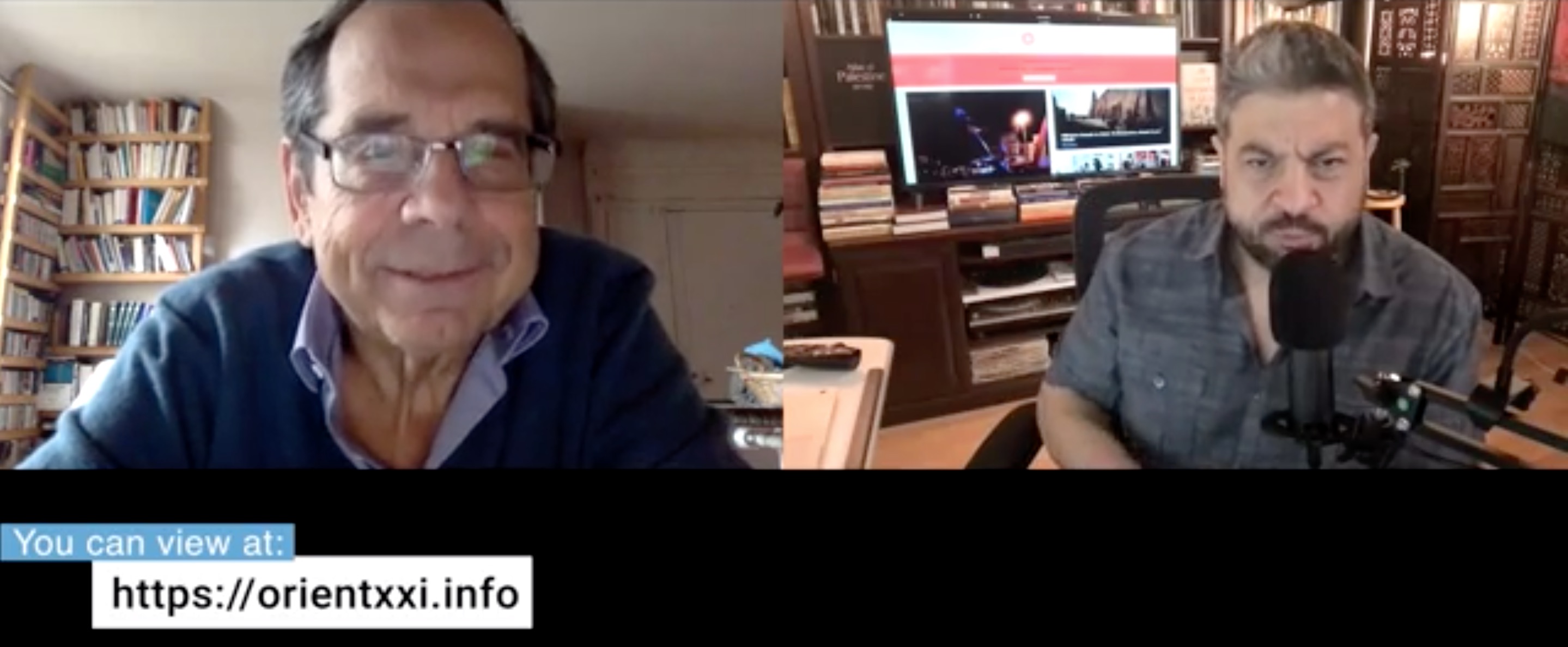
Bassam Haddad spoke to acclaimed journalist and public intellectual Alain Gresh about the French online publication he co-founded, OrientXXI. Alain discussed the type of content featured on this esteemed website, and what OrientXXI hopes to accomplish. The full interview is forthcoming and will be posted to StatusHour.com.
Gulf
-
The Future of Israel-Gulf Normalization: Implications of the 2020 Presidential Election by Jesse Kandel
-
Review of "Sinews of War and Trade: Shipping and Capitalism in the Arabian Peninsula” by Louis Brehony
-
Declaration of the National Assembly Party by Jadaliyya Reports
Nasserism

Reem Abou-El-Fadl speaks with Bassam Haddad.
September marked fifty years since the death of Egyptian president Gamal Abdel Nasser. His “July Revolution” of 1952 reshaped politics, economy, and cultural life of modern Egypt and profoundly influenced those of the Arab world, and his influence stretched throughout the “post-colonial” world. Nasser's legacies continue to be invoked and contested in contemporary Arab politics, and several Nasserist parties have endeavored to repurpose his political tradition. On this significant anniversary, Jadaliyya's Egypt page published a special series of three articles to critically engage with these legacies. Its editors invite fellow scholars and students of the Nasser era to send in further contributions in the same vein.
-
The Democratization of Well-Being in Nasser's Egypt by Laura Bier
-
Beyond Pan-Arabism: Suez and Afro-Asian Solidarity in Abdel Nasser’s Egypt by Reem Abou-El-Fadl
-
From the State of Vanguards to the House of Kofta: Reflections on Egypt’s Authoritarian Impasse by Hesham Sallam
Pedagogy
Pardis Mahdavi spoke with Jacob Bessen about her Essential Readings on migraiton and the Gulf.
-
Essential Readings: Migration and the Gulf by Pardis Mahdavi
Lizzy Galliver spoke about Scholars in Context.
Mekarem Eljamal, MESPI Managing Editor, shared exciting new updates about MESPI resources, including the Peer Reviewed Articles Review and MESPI Newsletter.
Recent Events Spotlight
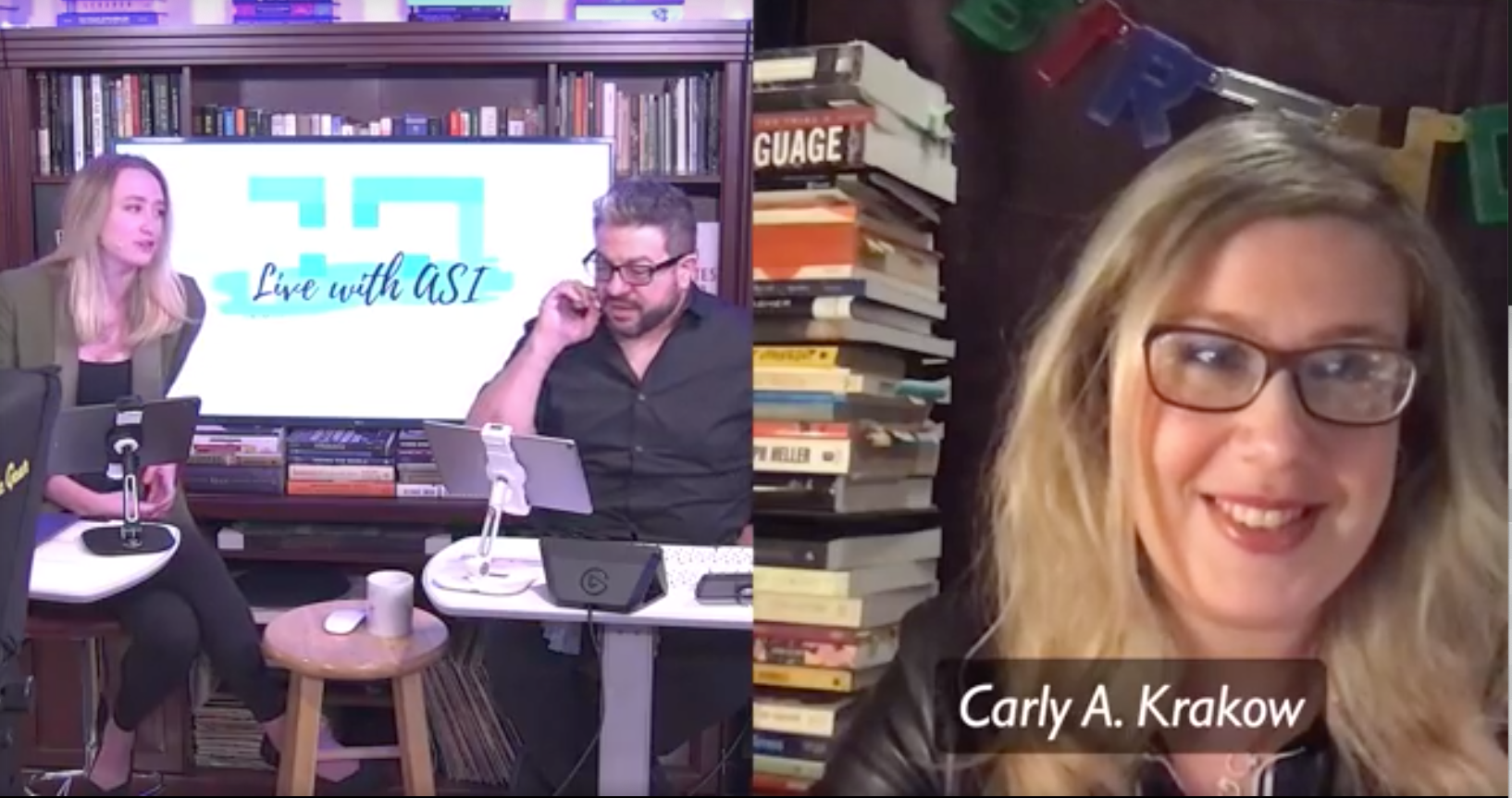
Carly A. Krakow, Jadaliyya Special Projects Managing Editor and a producer of Live with ASI, joined to speak about two recent events hosted by the London School of Economics in partnership with ASI and Jadaliyya, and to share a preview of US election coverage. (And brought along birthday decorations for Jadaliyya's 10th!)
-
Environmental Justice in the Middle East: Activism, Resistance, and Decolonisation featuring Carly A. Krakow, Mona Harb, Muna Dajani, and Michael Mason (Co-Organized with the LSE Middle East Centre, Decolonising LSE, ASI, and Jadaliyya)
-
The "State of Emergency" as the Rule and Not the Exception: crisis conditions and exploitative lawmaking during COVID-19 and beyond featuring Sinan Antoon, Carly A. Krakow, Vasuki Nesiah, and Gerry Simpson (Hosted by the LSE Law Department for the Shaping the Post-COVID World series, Co-Sponsored by ASI and Jadaliyya)
Photography & Audio-Visual Narratives
-
The Algerian Family by Bruno Boudjelal and Abdo Shanan
-
Intimate Histories - From Algeria to Bahrain: A Conversation on Losing Fathers to Politics and Finding Solace through Photography by Lola Khalfa and Mariam Alarab
-
Sudan: Hostage to Normalization? by Khalid Albaih and Maryam al-Khasawneh
Grad Student Corner
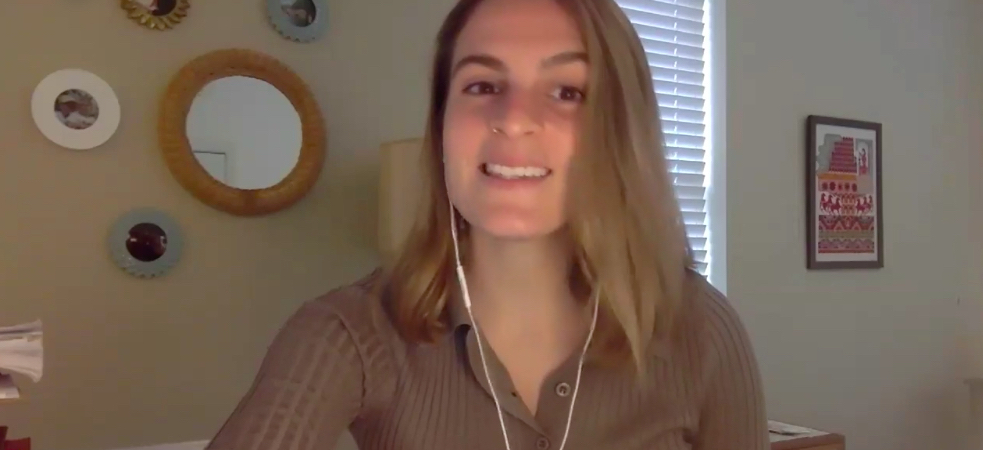
Cat Haseman, ASI Social Media Coordinator, shared resources for graduate students in the new "Grad Student Corner" segement.
Independent Content
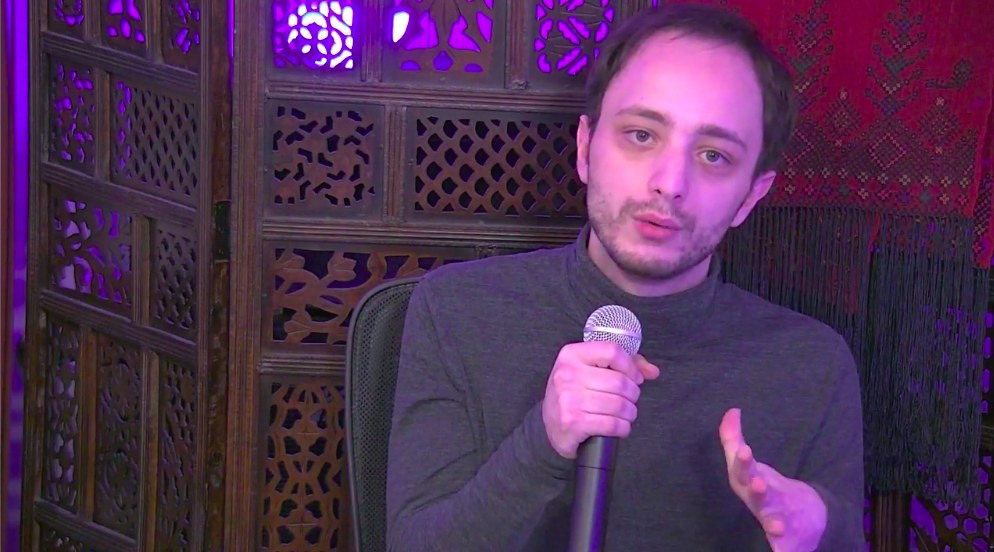
Mohammad Abou-Ghazala, Live with ASI script writer, joined Bassam and MK in the studio to share some additional recently published pieces with the LWA audience.
-
Anxiety of Erasure: Trauma, Authorship, and the Diaspora in Arab Women’s Writings (New Text Out Now) by Hanadi Al-Samman
-
The Clash of Values: Islamic Fundamentalism versus Liberal Nationalism (New Texts Out Now) by Mansoor Moaddel
